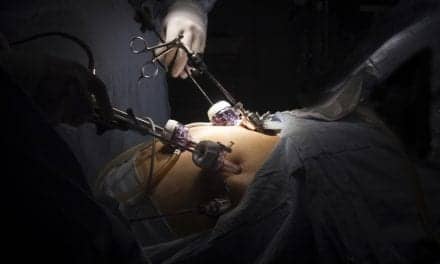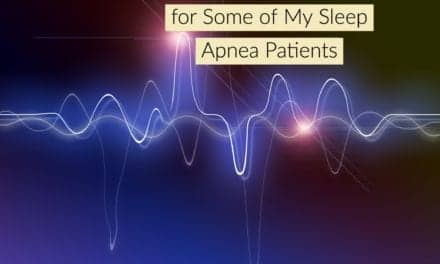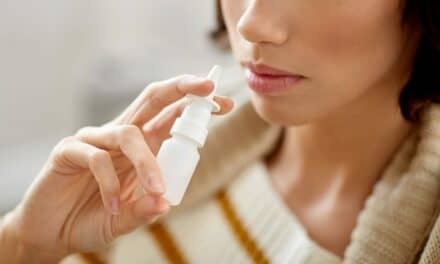Ventus Medical Inc reported positive results from a 19-center clinical trial using its FDA-cleared Provent Sleep Apnea Therapy device to treat obstructive sleep apnea. Provent Therapy uses the patient’s own breathing to create expiratory positive airway pressure (EPAP) to keep the airway open during sleep.
“This randomized, sham-controlled study demonstrates that Provent Therapy significantly improves the apnea hypopnea index (AHI), a scale to measure the number of breathing interruptions or stoppages per hour of sleep, as well as subjective sleepiness, as measured by the Epworth Sleepiness Scale (ESS), in patients with obstructive sleep apnea,” said study author Richard B. Berry, MD, professor of medicine at the University of Florida College of Medicine, medical director of the University of Florida and Shands Sleep Disorders Center, and former president of the American Sleep Medicine Foundation. “Importantly, self-reported patient adherence on Provent Therapy was almost 90%.”
The prospective, double-blind, sham-controlled clinical study enrolled 250 patients diagnosed with obstructive sleep apnea at 19 academic and private sleep centers in the United States. The primary endpoint of the study was the reduction in AHI. In-laboratory polysomnography, a method of monitoring breathing disruptions during sleep, was performed at the start of the study and after 3 months of treatment.
Results at the start of the study, published in the journal Sleep, showed that AHI was reduced by 52.7% in the Provent Therapy group compared to a 7.3% reduction in the sham group, representing a highly significant treatment effect (p <0.0001). A significant improvement in AHI was also demonstrated at the conclusion of the study. With the aid of the Epworth Sleepiness Scale to evaluate daytime sleepiness, patients using Provent Therapy showed improved alertness, reducing sleepiness from 9.9 ± 4.7 to 7.2 ± 4.2 compared to the sham group with 9.6 ± 8.3 to 8.3 ± 5.1, a statistically significant improvement compared to the sham group (p = 0.04). Importantly, self-reported patient adherence was excellent, with the Provent Therapy device worn all night for 88.2% of nights in the study.
“CPAP is the gold standard in the treatment for obstructive sleep apnea, but unfortunately many patients who are prescribed CPAP cannot get used to it, or use it less often than they should,” stated study author Meir Kryger, MD, director of sleep medicine research and education at Gaylord Hospital in Wallingford, Conn, and former president of the American Academy of Sleep Medicine. “This large trial provides solid clinical data validating Provent Therapy as an important treatment alternative for obstructive sleep apnea.”




